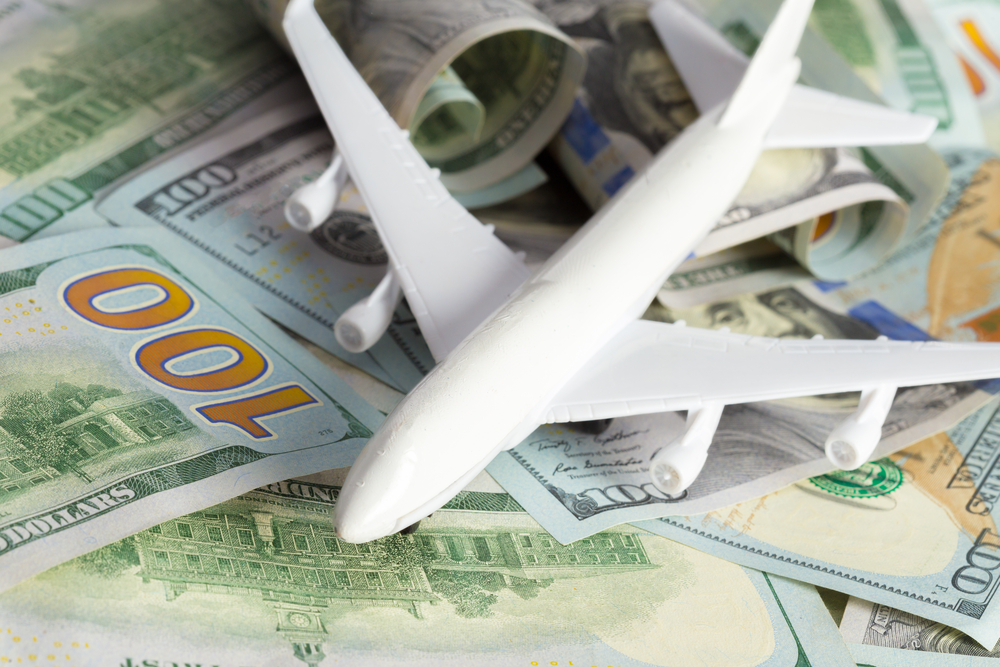
Sen. Edward Markey (D-MA) said any potential bailout of the airline industry in the face of the coronavirus would have to include consumer protections.
In a statement, Markey, a member of the Commerce, Science and Transportation Committee, said that any aid money given to airlines would have to include caveats that protect airline passengers from unfair fees, as well as protections for the airlines’ employees.
“The coronavirus is severely hurting our economy, and financial assistance may be needed for some of our most impacted industries,” said Senator Markey. “But any infusion of money to the airlines must have some major strings attached – including new rules to prohibit consumer abuses like unfair change and cancellation fees; protections for front-line workers like flight attendants, pilots, and airport workers; special consideration for our smaller, regional carriers not represented by the major trade associations; and the development of long-term strategies and targets to reduce the carbon footprint of the airline industry. As our next coronavirus stimulus package is developed, I will demand these conditions be met before supporting any airline bailout.”
On March 16, Airlines for America, an airline industry trade association, asked for a $54 billion federal bailout – $29 billion in grants ($25 billion for passenger carriers and $4 billion for cargo carriers) and another $25 billion in loans and tax incentives, in response to the coronavirus pandemic which has all but shuttered the industry. Travel bans, canceled flights, and increased costs for sanitation have caused airline revenues to plummet.
“U.S. airlines take great pride in the 750,000 men and women they directly employ — from pilots, flight attendants, to reservation agents and mechanics,” A4A said in its proposal. “Each U.S. carrier is having direct and continuous conversations with their employees, and everyone understands the severity of the situation. The current economic environment is simply not sustainable, and it is compounded by the fact that the crisis does not appear to have an end in sight.”